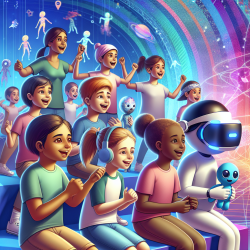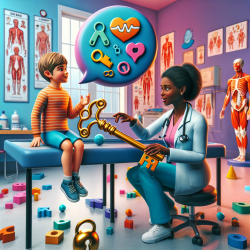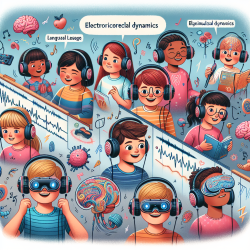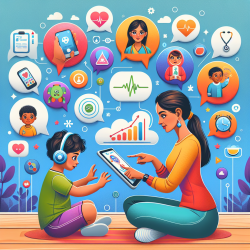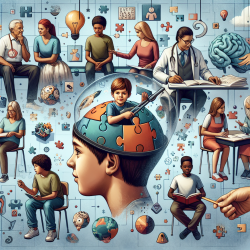Attention-Deficit/Hyperactivity Disorder (ADHD) is a prevalent neurodevelopmental disorder that often leaves children struggling with social interaction. Traditional social skills training has its limitations, but a recent study titled Effectiveness of Social Virtual Reality Training in Enhancing Social Interaction Skills in Children With Attention-Deficit/Hyperactivity Disorder: Protocol for a Three-Arm Pilot Randomized Controlled Trial offers a groundbreaking alternative.
This research explores the effectiveness of social Virtual Reality (VR) training compared to traditional methods. The study involved 90 children with ADHD, divided into three groups: social VR intervention, traditional social skills training, and a waitlist control group. The results were promising, showing that VR can offer a safer, more engaging environment for children to develop their social skills.
Why VR?
VR provides an immersive, controlled environment that can simulate real-life social scenarios. This helps children practice social interactions in a safe space, reducing anxiety and improving focus. The study showed that children in the VR group exhibited superior social interaction skills compared to those in the traditional training group.
How to Implement VR in Your Practice
If you're a practitioner looking to enhance your therapy sessions, consider integrating VR. Here are some steps to get started:
- Invest in VR Equipment: Ensure you have high-quality VR headsets and software tailored for social skills training.
- Training: Familiarize yourself with the VR platform and its functionalities. Attend webinars or workshops to stay updated.
- Customize Scenarios: Use VR software that allows you to create scenarios relevant to your clients' needs.
- Monitor Progress: Use tools like the Social Skills Rating Scale-Parent (SSRS-P) to assess improvements.
Encouraging Further Research
While this study provides a solid foundation, more research is needed to explore the long-term effects of VR on social skills in children with ADHD. Practitioners are encouraged to participate in ongoing studies or even conduct their own research to contribute to this evolving field.
To read the original research paper, please follow this link: Effectiveness of Social Virtual Reality Training in Enhancing Social Interaction Skills in Children With Attention-Deficit/Hyperactivity Disorder: Protocol for a Three-Arm Pilot Randomized Controlled Trial.
